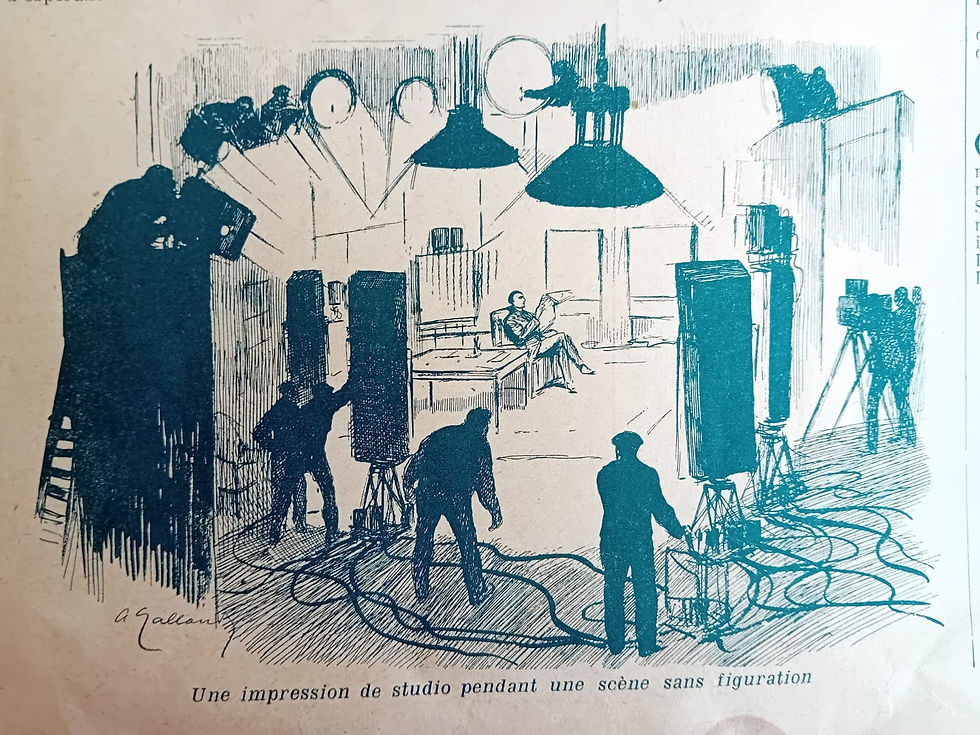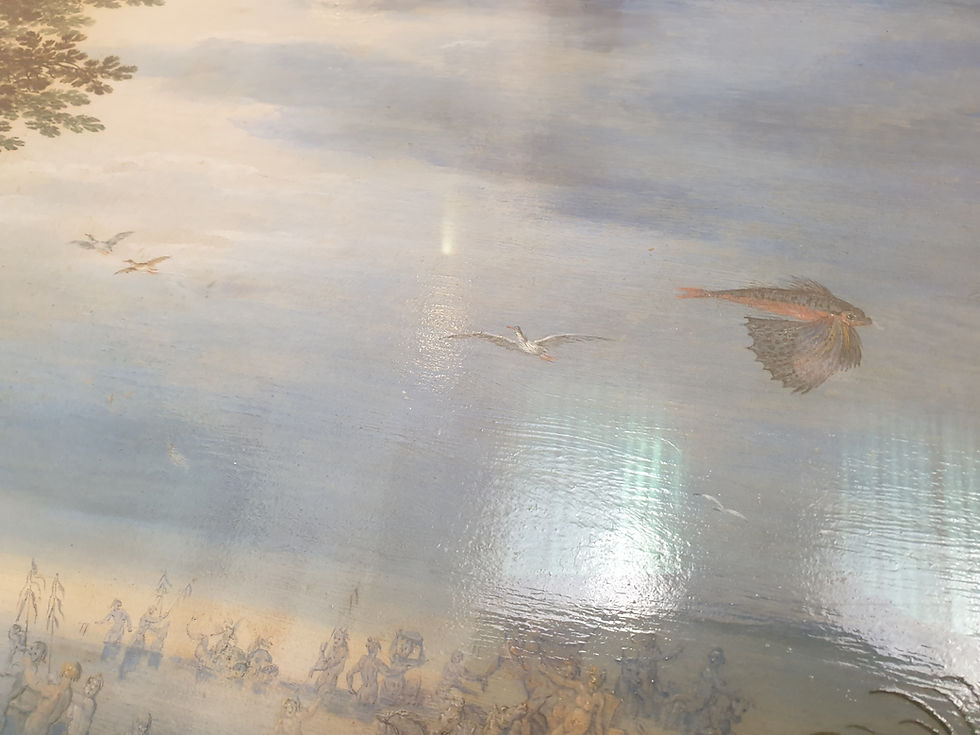HOLD ON TO THE CHAIR
- Marina Drozdova

- Mar 3, 2023
- 2 min read

Berlinale 2023
Berlinale has always been famous for its active socio-political position, and participating films reflected this focus - by using reportage, metaphor, certain atmosphere (depending on a movie) to respond to all socio-political explosions. The selection of programs this year is different only, perhaps, in the representation of genres - not so much different, per se, but rather that the new “flowers” have blossomed. Non-fiction and fiction are completely mixed; observations turn out to be, for example, musical opuses. Whatever the film, there are always quite a few close-ups of animals and birds looking directly into the camera, that is - at us, the audience. What does this mean? For example, is this a sign of the lack of faith in humanity? Everyone is deep in thought. It might be due to the consequences of the pandemic (imprisonment) season - when the authors were forced to spend too much with themselves, facing their inner thoughts and feelings. Well, the ongoing global disasters change their perception, of course. Many different explanations are possible…
And now to horrors. This year, the most horrifying- in the truest sense of the word - were, perhaps, the films of the documentary diptych by Iranian director Mehran Tamadon "Where God Is Not" and "My Worst Enemy". Both films involve re-enactments of interrogations in Iranian prisons. The director conducts experiments on himself; the films feature former prisoners (mainly journalists) and actors. Actually the film "My Worst Enemy" features the actress Zar Amir Ebrahimi, best known for her Cannes award-winning role in "Holy Spider".
“Iranian” by Mehran Tamadon was screened at Berlinale Forum in 2014, his “Bassidii” received the first award ar Jihlava IFF in 2009. The director considers cinema as “intervention” and achieves controversial results.
Classical Iranian cinematography is a mixture of reality and its reconstruction: the "seams" are invisible. You will never understand where a documentary episode turns into a staged one. Ethical questions, moral scandals, and mutual provocations accumulate in this surreal space of waking dream. At the end, the actress questions the director: “Is it right to make people suffer in the name of cinema?… You are the one who is torturing us with this silly little game!”. The viewer, of course, is also being provoked, but if he holds on to his chair, then perhaps the director attains his goal. And his goal is for the viewers to identify themselves in the space of violence.



Comments